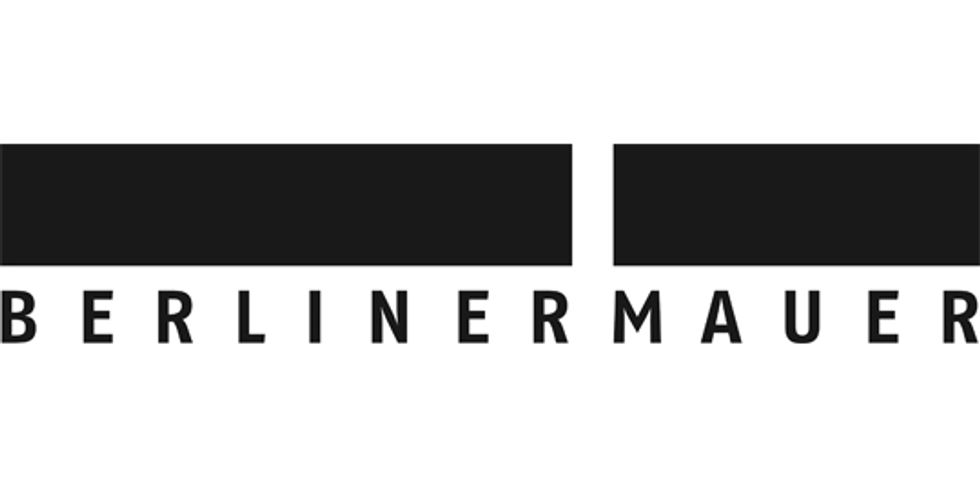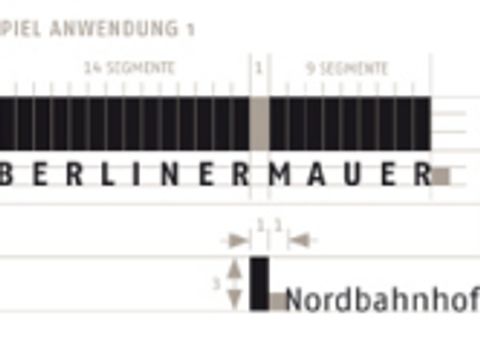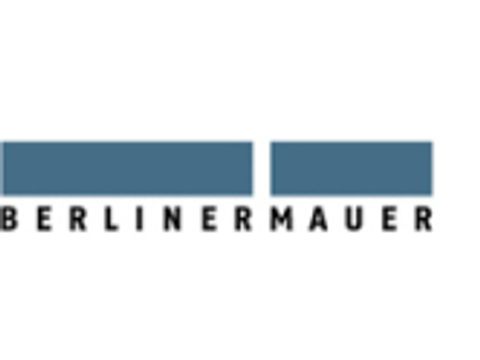2. Quality standards
The following quality standards must be met by all nominated public and private institutions, service providers, and products, if the “Berlin Wall Seal of Approval” is to be awarded by the federal state of Berlin. Eligible candidates include publications in any media and informational, scholarly, or pedagogical services or products, but not purely artistic options. The products or services should contribute to long-term reflection. Distinctions will be made between short-term and permanent projects. Projects still in the planning phase cannot be awarded the seal of approval.
1. The connection to the Berlin Wall – or to the history of German and/or European division – must be central to the product or service.
- If places or institutions are to be awarded the seal of approval, they should maintain a constant focus on the Wall or division.
- Legal relationships and ownership must be transparent.
2. The institution’s work and/or the quality of the product must meet scholarly standards.
Fundamental criteria include:
- The subject-specific qualification of the (full-time or volunteer) staff and/or support provided by advisors with the relevant qualifications.
- Sound, understandable content based on the latest non-fiction, specialist literature and/or on original sources
- An appropriate, balanced presentation that includes various perspectives, without biased, distorted, or inaccurate viewpoints.
These criteria do not exclude popular forms of expression.
3. Content must be prepared and conveyed responsibly, appropriately, and in line with educational principles.
This means that:
- The dignity of victims must be respected.
- The preparation and presentation of content must reflect current scholarly knowledge and/or convey the latest research.
- Content should be conveyed in a way that meets the needs of its target groups and, if relevant, is pedagogically sound.
- Products and services should be user-friendly, which also includes an attractive visual presentation and good readability that takes into account the needs of people with disabilities. Service orientation is a special focus.
4. The institutions, products, and services selected should make an independent, innovative contribution to documenting the history of and reflecting on the Berlin Wall or German and/or European division. This also includes conveying information about those who were responsible for the border regime and its operation.



